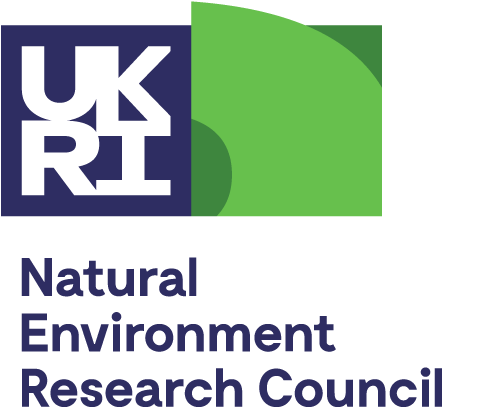Mining for the Future conference at the Geological Society of London
Geoscientists from academia, government, industry and NGOs were joined by experts in economics and social sciences at an excellent two day conference at the Geological Society, London on 23 and 24 November 2017. This was the second in the Geological Society’s annual series of Bryan Lovell meetings, aiming to encourage discussion on topics that connect geosciences to society.
Keynote speakers included Peter Buchholz of the German Mineral Resources Agency who discussed how increased quantities of many minerals will be needed for the transition to the renewable energy and digital era, and Daniel Franks of the United Nations Development Programme (UNDP) who highlighted the importance of construction and industrial minerals as ‘development minerals’. In his keynote, Richard Herrington made the point that we are not running out of any minerals but constraints to production will come from environmental and social concerns, such as land, energy and water use.
SoS RARE was well represented at the meeting. Kathryn Goodenough spoke about the SoS RARE and HiTech AlkCarb projects and highlighted how much we have to learn about ore deposits and processing of critical metals such as rare earths. Frances Wall gave a talk on responsible sourcing of minerals, co-authored by Rob Pell who also attended. Industry partner, David Merriman of Roskill explained the current thinking on future projections for raw materials use in new technologies.
Bryan Lovell meetings have plenty of time for panel discussions and several interesting issues were raised, including the importance of the new Sirius Minerals potash mine in North Yorkshire with its ‘hidden’ profile as an example of future mine design; the problem with Apple’s pledge to use only recycled materials in manufacturing at some time in the future, given the mismatch between the metals and minerals in current use and those forecast to be needed; and the importance of raw materials in models for the circular economy. This is a topic often forgotten, except by mining experts, and there is an urgent need to make sure that manufacturing industry and also academics working on the circular economy understand all aspects of raw materials supply.
Notes from the conference will be sent to the convenors of the Resourcing Future Generations RFG2018 conference in Vancouver next June where many of these topics will be discussed.
Frances Wall, November 2017






